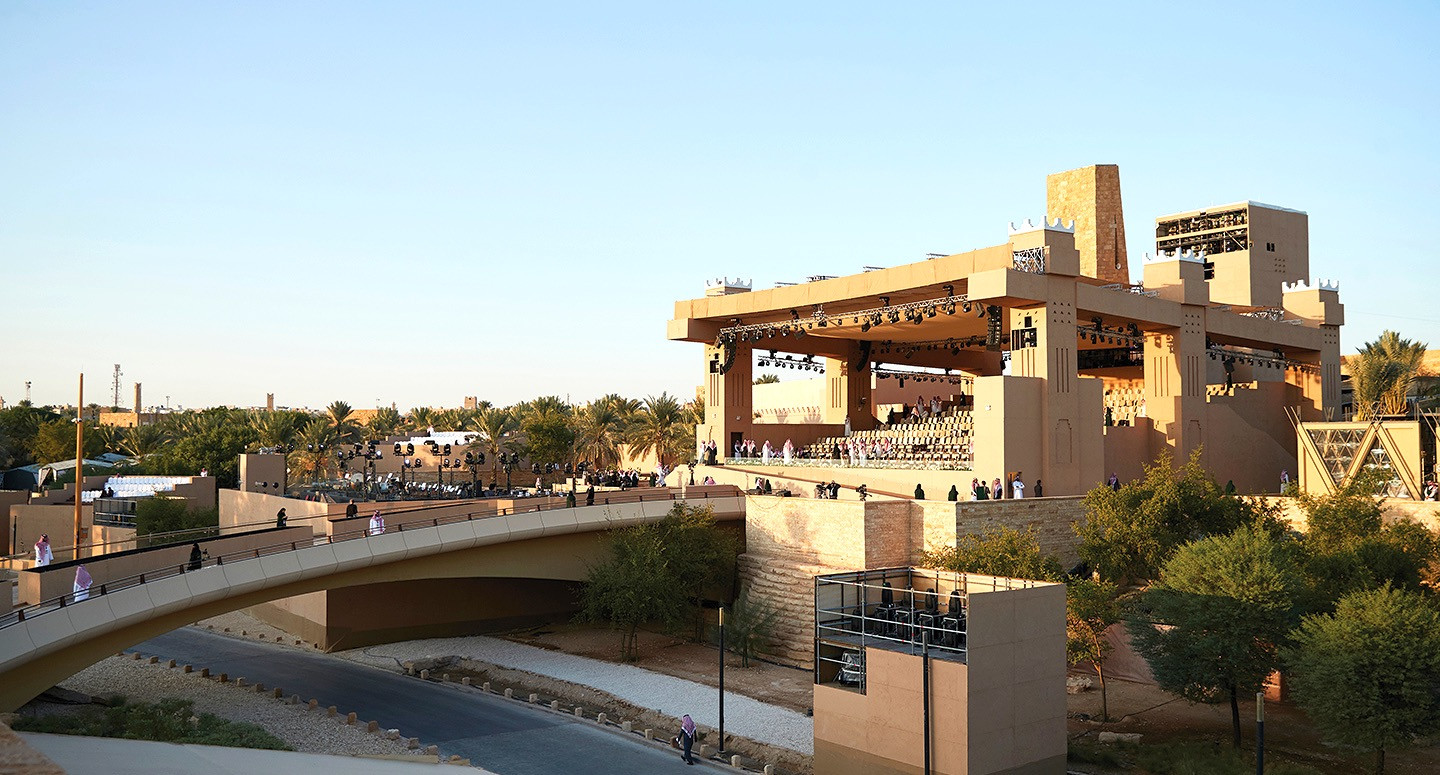
Planning a successful event requires careful consideration of various elements to ensure everything runs smoothly and meets the objectives of the occasion. Whether it’s a corporate conference, a wedding, or a community fundraiser, following a structured approach from top event management companies in UAE can help streamline the planning process and mitigate challenges.
Define the purpose and objectives
Start by clearly defining the purpose and objectives of the event. Determine what you hope to achieve, whether it’s raising funds for a cause, celebrating a milestone, or providing valuable networking opportunities. Understanding the purpose will guide all subsequent planning decisions and ensure alignment with the event’s goals.
Set a budget
Establishing a realistic budget is crucial for managing expenses and allocating resources effectively. Consider all costs, including venue rental, catering, entertainment, and decorations, marketing, and staff expenses. Having a clear budgetary framework will help prioritize spending and prevent overspending.
Choose the suitable venue
Selecting a suitable venue is essential for creating the right atmosphere and accommodating the needs of your attendees. Consider factors such as capacity, location, amenities, accessibility, and ambiance. Visit venues to assess their suitability and ensure they align with the vision and requirements of your event.
Develop a timeline and checklist
Create a detailed timeline and checklist outlining all the tasks that need to be completed leading up to the event. Include deadlines, responsibilities, and milestones to keep the planning process organized and on track. Regularly review and update the timeline to ensure progress is being made and deadlines are met.
Promote the event
Develop a broad marketing and promotion strategy to generate buzz and attract attendees to your event. Utilize a mix of online and offline channels, including social media, email marketing, press releases, and targeted advertising. Create compelling content, such as event flyers, posters, and digital invitations, to capture attention and encourage participation.
Coordinate logistics and operations
Pay close attention to logistical details and operational considerations to ensure a smooth event experience. Coordinate transportation, parking, registration, signage, seating arrangements, and on-site support services. Assign roles and responsibilities to staff or volunteers and conduct thorough rehearsals or run-throughs to iron out any issues.